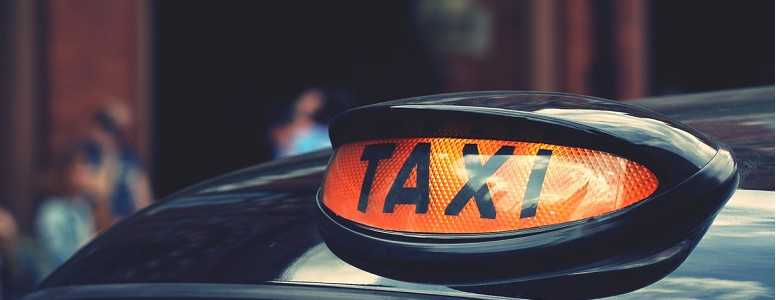Taxi drivers are being urged to read up on medical detection dogs after a canine was refused entry to a cab with its diabetic owner.
The incident in Teeside was heard on Tuesday 18 June at Stockton Council’s Home Safety Association meeting during discussions about guide dogs.
Councillor Mohammed Javed said at the meeting: “I’ve just come across a case where a lady tried to get into the taxi (with the dog) but they were refused.
“But they are not aware of the rules – I spoke to a lot of taxi drivers who said they were just not aware of it. They were aware of the blind guide dogs, not for those for diabetes.”
Medical detection dogs are trained to use their sense of smell to pick up on changes in their owner’s blood glucose levels which are detected through subtle changes in body scent.
Otherwise known as hypo alert dogs, they can provide live-saving support for children or adults who may have impaired hypo awareness, the inability to detect low blood glucose levels.
Under the Equality Act 2010, cab drivers must carry medical assistance dogs. The only exception to the rule is if they have a genuine health reason, such as an allergy to the animals.
Councils can provide exemption certificates to drivers which must be provided on request should a passenger with an assistance dog try to board.
At the moment Stockton Council’s rules state guidelines which are based on the Guide Dogs for the Blind Association which state a guide dog owner must make sure their dog is clearly labelled as a medical assistance dog with a harness or identification card.
However, they also state that it is not acceptable to refuse fares “due to religious or cultural beliefs”.
Councillor Julia Whitehill said they have communicated with drivers via a newsletter to bring their attention to the law saying they are “trying to publicise it a bit more”.






